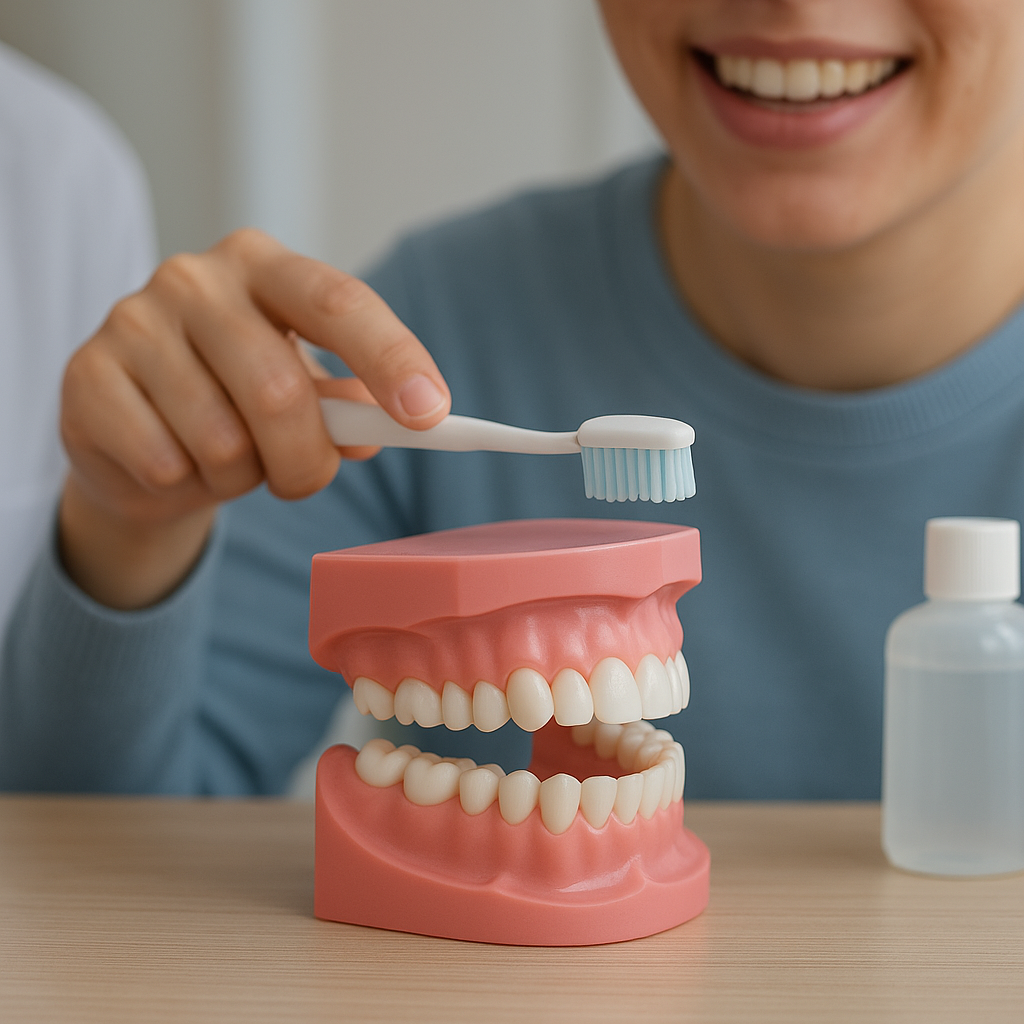The importance of cultural competence in dental practices cannot be overstated, as it plays a crucial role in providing effective and equitable care to diverse patient populations. Cultural competence refers to the ability of healthcare providers to understand, communicate with, and effectively interact with patients from various cultural backgrounds. In the field of dentistry, where patient trust and comfort are paramount, cultural competence can significantly enhance the patient experience and improve health outcomes. This article will explore the significance of cultural competence in dental practices, the challenges faced by dental professionals, and strategies to enhance cultural awareness and sensitivity in dental care.
Understanding Cultural Competence in Dentistry
Cultural competence in dentistry encompasses a range of skills and knowledge that enable dental professionals to provide care that respects and acknowledges the cultural differences of their patients. This includes understanding the beliefs, values, and practices that influence a patient’s approach to oral health and treatment. For instance, certain cultures may have specific beliefs about dental hygiene, pain management, or the use of anesthesia, which can affect their willingness to seek care or comply with treatment recommendations.
Moreover, cultural competence goes beyond mere awareness of different cultures; it involves actively engaging with patients to understand their unique perspectives and needs. This engagement fosters a trusting relationship between the dentist and the patient, which is essential for effective communication and treatment adherence. When patients feel understood and respected, they are more likely to share their concerns and preferences, leading to better health outcomes.
The Benefits of Cultural Competence in Dental Practices
Implementing cultural competence in dental practices offers numerous benefits, including:
- Improved Patient Satisfaction: Patients who feel that their cultural beliefs are acknowledged and respected are more likely to be satisfied with their care. This satisfaction can lead to increased patient loyalty and positive word-of-mouth referrals.
- Enhanced Communication: Culturally competent dental professionals are better equipped to communicate effectively with patients, reducing misunderstandings and ensuring that patients fully understand their treatment options.
- Increased Treatment Adherence: When patients feel comfortable discussing their concerns and preferences, they are more likely to adhere to treatment plans, leading to better oral health outcomes.
- Reduction of Health Disparities: Culturally competent care can help address health disparities by ensuring that all patients receive equitable access to dental services, regardless of their cultural background.
Challenges in Achieving Cultural Competence
Despite the clear benefits of cultural competence, many dental practices face challenges in achieving it. Some of these challenges include:
- Lack of Training: Many dental professionals receive little to no training in cultural competence during their education. This lack of training can lead to unintentional biases and misunderstandings when interacting with patients from diverse backgrounds.
- Language Barriers: Language differences can create significant barriers to effective communication. Dental professionals may struggle to convey important information to patients who do not speak the same language, leading to confusion and potential health risks.
- Implicit Bias: All individuals have implicit biases that can influence their perceptions and interactions with others. Dental professionals may unknowingly hold biases that affect their treatment decisions and patient interactions.
- Time Constraints: In busy dental practices, there may be limited time to engage with patients on a cultural level. This can hinder the development of trust and understanding, which are essential for culturally competent care.
Strategies to Enhance Cultural Competence in Dental Practices
To overcome these challenges and enhance cultural competence, dental practices can implement several strategies:
- Education and Training: Providing ongoing education and training on cultural competence for all dental staff is essential. This training should cover topics such as cultural awareness, communication skills, and strategies for addressing implicit bias.
- Utilizing Interpreters: When language barriers exist, dental practices should consider employing professional interpreters or using translation services to ensure clear communication with patients.
- Creating a Welcoming Environment: Dental practices should strive to create an inclusive and welcoming environment for all patients. This can include displaying culturally relevant materials, providing diverse reading materials in the waiting area, and ensuring that staff members reflect the diversity of the community.
- Encouraging Patient Feedback: Actively seeking feedback from patients about their experiences can help dental practices identify areas for improvement in cultural competence. This feedback can guide staff training and practice policies.
Conclusion
The importance of cultural competence in dental practices is clear, as it directly impacts patient satisfaction, treatment adherence, and health outcomes. By understanding and addressing the cultural needs of their patients, dental professionals can provide more effective and equitable care. While challenges exist, implementing targeted strategies can enhance cultural competence within dental practices, ultimately leading to improved patient experiences and better oral health for diverse populations. As the dental field continues to evolve, prioritizing cultural competence will be essential in meeting the needs of an increasingly diverse patient base.




